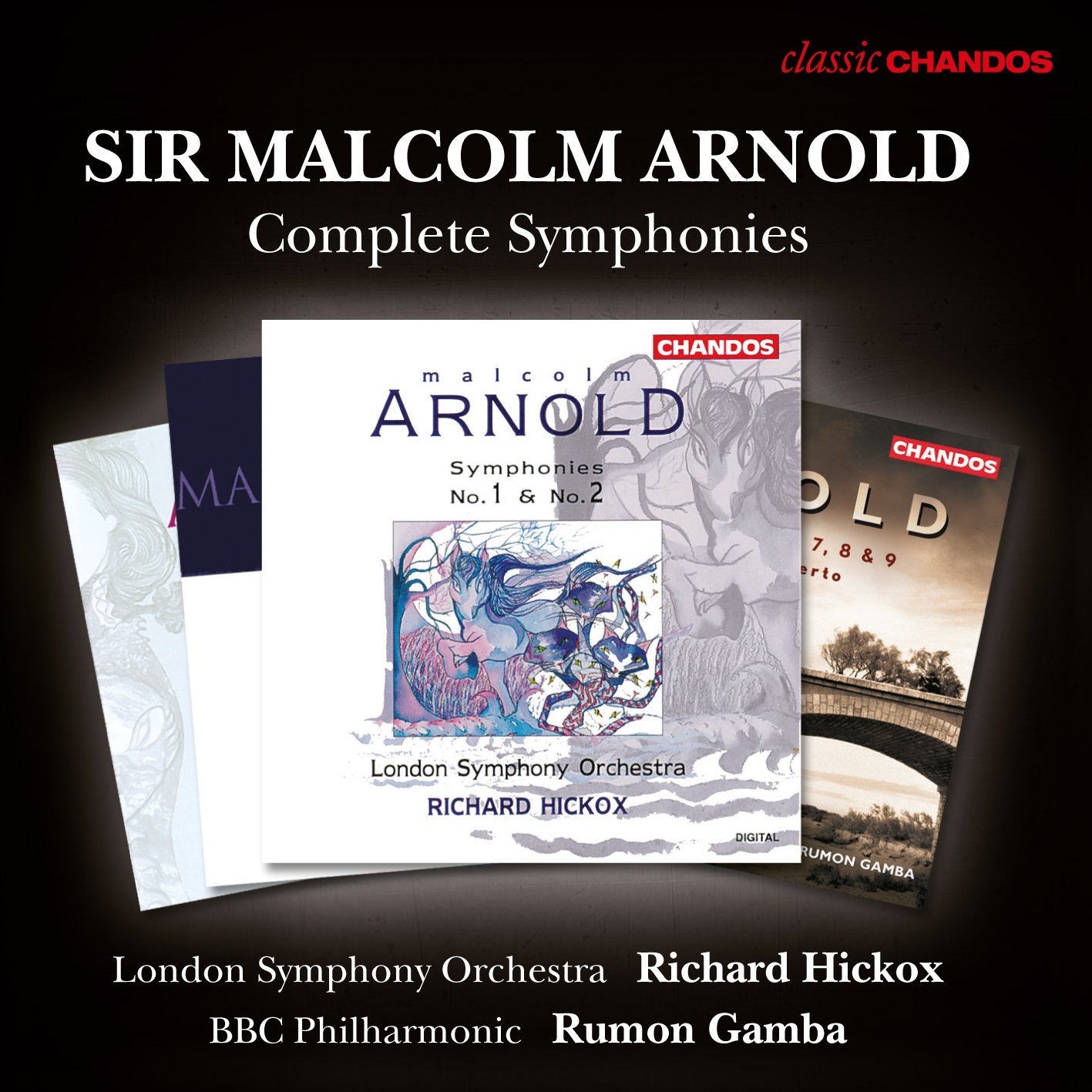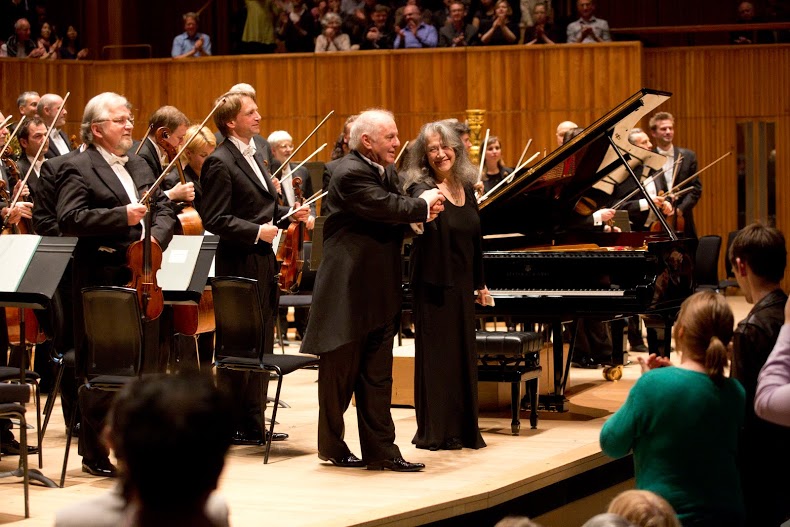It was as a violin soloist with the Scottish Chamber Orchestra that Joseph Swensen first appeared, in the mid-1980s, on the Scottish musical scene. He went on to become the orchestra’s principal conductor – a long and fruitful collaboration that lasted from 1996 to 2005.

Deep pain and sadness expressed through intense creative discipline aren’t qualities noted often enough in the music of Sergey Rachmaninov. Yet they’ve been consistently underlined, with rigour to match, in Vladimir Jurowski’s season-long “Inside Out” festival with his London Philharmonic Orchestra playing at a consistent white heat.

Be a soloist: take responsibility for yourself. These are not maxims often encountered in musical ensembles where unity of purpose and execution is valued, but they lie behind the philosophy and sheer style of Ensemble InterContemporain, which Pierre Boulez founded in his own image to show confidence in the necessity and vitality of a Modernism always under threat when an easy life and easy listening are so easily bought.

It took just two bars of Debussy's La plus que lente for Stephen Hough to transport the entire Royal Festival Hall to Paris. The nearest thing the French composer ever wrote to a café waltz – inspired by a gypsy band in a local hotel – this bewitching, louche yet elusive little piece might in other hands make a more suitable encore than opener.

If the thought of the annual trek to Hay-on-Wye for the literary festival in May fills you with as much gloom as it does me (and I don’t have to go as far as most of our readers), you might do worse than sample the town’s chamber music festival this weekend as a healthy change or at least a soothing antidote.

 Malcolm Arnold: Symphonies 1-9 London Symphony Orchestra/Richard Hickox, BBC Philharmonic/Rumon Gamba (Chandos)
Malcolm Arnold: Symphonies 1-9 London Symphony Orchestra/Richard Hickox, BBC Philharmonic/Rumon Gamba (Chandos)

Time was when a Boulez concert with the LSO would have been directed by the man himself, but that is no longer possible. In Peter Eötvös they have the next best thing, a conductor who has known the man and his music for decades, whose listening ear is scarcely less acute and whose most recent appearance wth the LSO, in Lachenmann and Brahms with Maurizio Pollini, made quite miraculous music from intensive rehearsal.

Poised vibrantly enough between the buried-alive monotony of Philip Glass and the dynamic flights of John Adams, Steve Reich’s Three Tales deserves a special place in music-theatre history ("opera" it is not). Ironically, since it deals with the two-edged sword of the 20th century’s major scientific developments, the video work with which the music interacts so brilliantly – by Reich’s former wife and long-term collaborator Beryl Korot – has been left looking a bit dated by rapid progress in that field since its 2002 premiere.

Gasps of surprise were heard across the country last month, when Richard Morrison on BBC Radio 3's "Building a Library" announced Daniel Barenboim and the Staatskapelle Berlin as his library choice for Elgar’s Second Symphony. That recommendation proved timely for the conductor and his orchestra, who yesterday completed their short London residency with the same symphony. The performance demonstrated a genuine intimacy with Elgar’s music.
It looked like a potential misalliance between performers used to looking at the stars and a programme of earthly, ideally rather broadly humorous delights. In the event, Martha Argerich, who can turn her high, lucid playing to most ends, sought out a sharp-edged wit if not a relaxed warmth in Beethoven’s First Piano Concerto. The real magic came later in the first half. But in the second, Daniel Barenboim seemed to have a very strange concept indeed of Strauss’s Ein Heldenleben (A Hero’s Life), a work which can seem oddly repellent without lashings of exuberant epic parody – there was hardly any in this poker-faced performance – and worse still when pulled around so that the line through it sags and snaps.
So which was it to be with the Beethoven concerto (actually his second) – a look backwards to Mozart, or forward to bigger adventures? No need to choose with these wide-ranging artists. The full range was here, from the Staatskapelle Berlin’s hushed but beautifully sprung opening, Argerich drumming out right hand patterns while she waited for her entry, to heroic trumpets and drums; and from Argerich in playful mood to precipitous, improvisational-seeming wonders at the end of the first-movement exposition. It’s my problem if most Beethoven concerto slow movements induce torpor and switch-off; not this one – even if its clarinet writing comes frustratingly nowhere near what Mozart achieved with the instrument in his late, great piano concertos. Not that I felt any such problem, or any flaw at all, in a concerto partnership, Imogen Cooper's with Iván Fischer and the Budapest Philharmonic Orchestra, which for sheer charm and freshness outstripped this one and will somehow burn more strongly in the memory.

In the light of their curate's-egg recording, a certain nervousness was in order for the Staatskapelle Berlin/Barenboim interpretation of Ein Heldenleben. The strings were full-blooded in well-moulded climaxes but never sensuous – a shortcoming in a love-scene the only interest of which lay in the clarity of the two swooning, glissandoing harps. Leader/concertmaster Wolfram Brandl’s extensive portrait of the "Hero’s Companion" – Frau Pauline Strauss in an appendage to what I’ve always taken to be a tongue-in-cheek self-portrait – turned out to be a far from flawless technical exercise rather than the necessary characterization of infinite variety.
Yet the real problem was the way in which every time Barenboim wanted dynamics to plunge, the tempo and edge did too, making this a chilly Mercedes of a performance which seemed to be constantly running out of juice. Sometimes the quiet was justified, but softness sapped the proud new theme of the hero’s return from battle and what should be the high noon of the “Works of Peace” section, in which Strauss reviews themes from his works up to 1899 and weaves them into one gorgeous tapestry. That started too briskly and then turned to mush when it should have glowed the most. A first-horn rudeness shattered the returning calm of “The Hero’s Retirement from the World”, and brass intonation was often dodgy (though full marks to the first trumpet for crowning the battle). This time I wasn’t in the mood for an encore, and we didn’t get one. Elgar’s Second Symphony, a much deeper work, will need to flow more convincingly tonight.
Overleaf: watch Argerich and Barenboim play the Schubert A major Rondo

